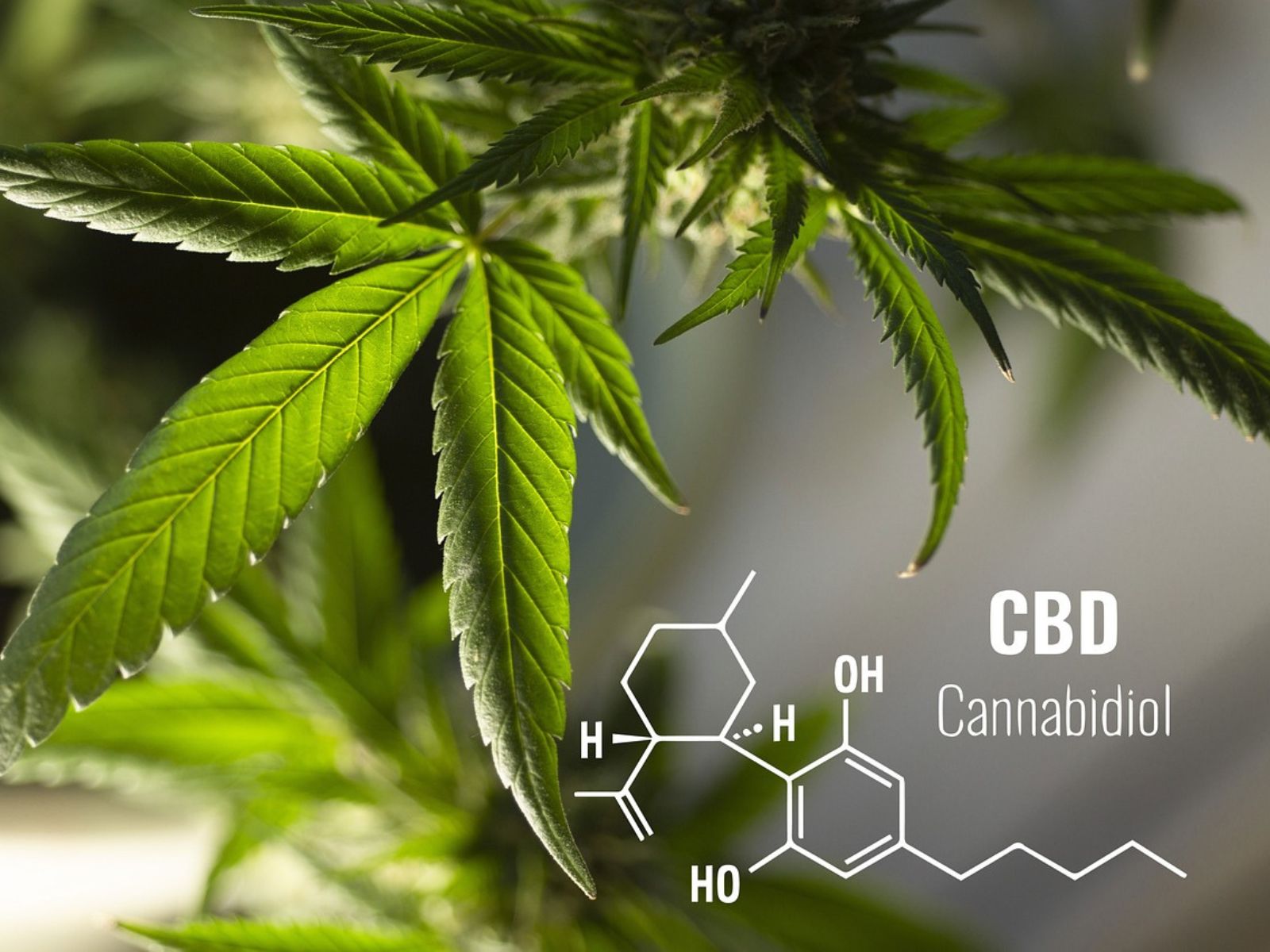
Brazilian Study Finds Cannabis To Be An ‘Exit Drug’

Brazilian Study Finds Cannabis To Be An ‘Exit Drug’
Historically, cannabis policy modernization opponents have portrayed cannabis as a ‘gateway drug,’ claiming that the use of cannabis leads to the use of more harmful substances. The results of a recent study in Brazil suggest that cannabis may be effective at helping people reduce their use of more harmful substances.
“Researchers from the University of Brasília (UnB) have announced encouraging results in the use of cannabidiol (CBD) to treat people addicted to crack cocaine.” reported Sechat in their local coverage (translated from Portuguese to English).
“The study conducted at UnB revealed that the use of CBD was more effective in reducing crack consumption and side effects, compared to medications traditionally used in Alcohol and Drug Psychosocial Care Centers (CAPs AD). For those facing the challenge of treating such complex conditions, the novelty represents a relief, both for health professionals and for patients and their families.” the outlet also reported.
The results of the study in Brazil build on previously conducted international research involving other substances that arrived at similar conclusions.
For example, a study conducted in early 2024 by a team of international researchers involving 2,697 subjects found that “study participants reported that cannabis had a high degree of efficacy in alleviating their illness/symptoms, and many reported a reduction in their use of prescription opioids, alcohol, tobacco, and other substances.”
A study from earlier this year found that 60% of surveyed patients reported “reducing opioids since starting cannabis.” A separate study conducted in 2024 found that the use of medical cannabis was associated with a lowering of the use of morphine.
“This systematic review summarized published literature on county-level predictors of drug overdose mortality in the United States. … “[M]easures related to cannabis dispensaries, substance use treatment, social capital, and proportions of family households, were generally consistently associated with lower drug overdose mortality outcomes across multiple studies.” stated researchers who conducted a systematic review of county-level predictors of drug overdose mortality in the United States in 2022.
Share article


Share article
Join Our Awesome Community
Join Our Awesome Community
Join Our Awesome
Community
Get all the latest industry news
delivered to your inbox







